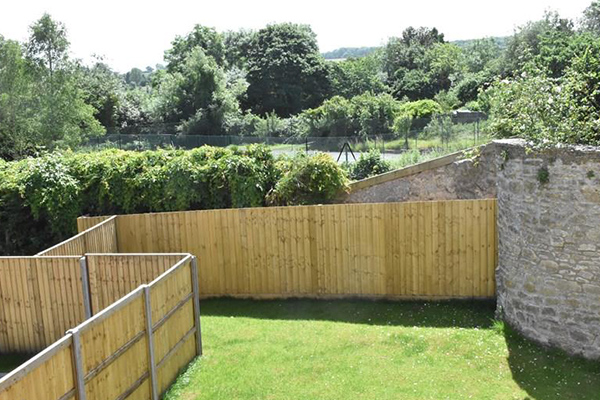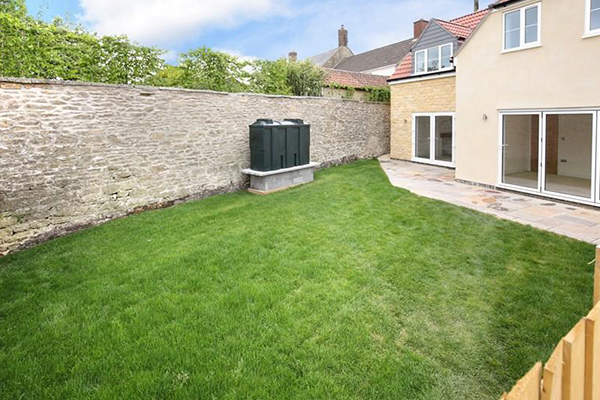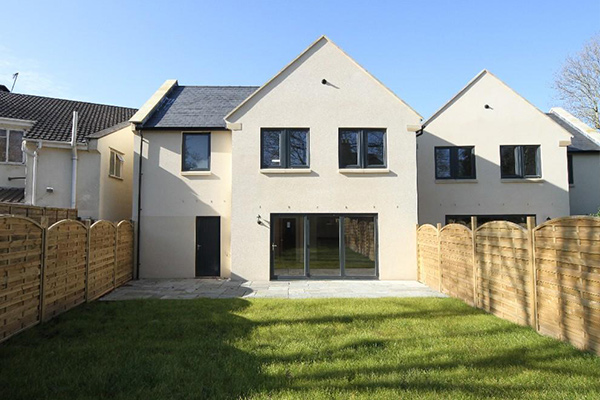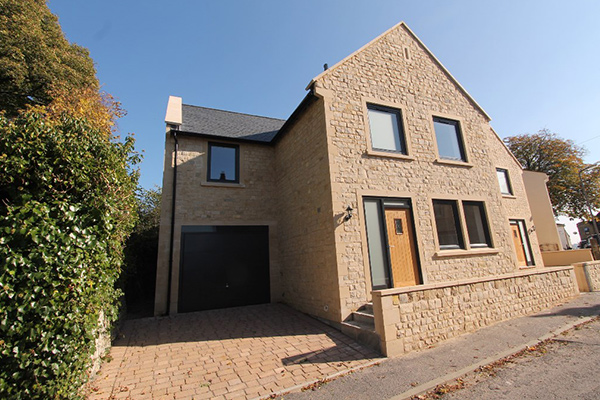Turning your idea of building your own home into a reality starts with sourcing a plot of land.
Let’s look at how you can find a plot of land, and things it’s worth looking out for when conducting your search.
What Is the Main Hurdle in Finding a Plot of Land?
Finding available land is not that easy in the UK.
According to FullFact.org, around 90% of land in England is not available for building even though there are efforts to increase the rate of release of sites for self-builders.
Furthermore, current planning policies restrict development boundaries around existing settlements. High-demand areas tend to be picked by property developers and councils, leaving fewer options for self-builders. That’s why for many, finding a plot through brownfield sites, which are those that have previously been developed, is often the easiest option.
What are The Main Types of Self-Build Plots?
There are several types of plots available for self-build use:
- Brownfield Land – This land has been previously developed on and councils like to sell these plots for further development. However, these plots often come with design restrictions.
- Greenfield Land – This is the name used for land that hasn’t been built on. These are relatively hard to find because such land is often in the hands of the large property developers.
- Buy-to-Demolish – You could also buy land with an existing house and demolish the property on it. This can add to your costs but it can be an option to consider when you’re looking for land to build on.
- Designated Areas – Self-building in these types of locations is quite difficult because it comes with strict controls.
If you’re buying land for the specific purpose of building a home, then you should always buy land with planning permission. This planning permission can come in two types: outline planning permission (OPP) or detailed planning permission (DPP). DPP will have restrictions in terms of accepted designs, but that doesn’t mean you should be too afraid of buying land with DPP. This is because you can often submit a new planning application for a different design, and it won’t revoke the existing permission.
Buying land without planning permission is not advisable because you might end up with land but no right to build on it. What you can do is submit an offer for a plot of land, conditional on planning permission for future development being granted. If you don’t get planning permission, you walk away from the purchase of the land.
Different Ways of Sourcing Land for Property Building
The above gives you an idea of the options available to you in terms of buildable land, but how can you start looking for available plots? There are a number of good routes to take.
The easiest option is to go online to look for plots of land. A number of websites, such as BuildStore, feature listings of land for sale. You can even find land for sale through Rightmove by refining your search to show “land” only results.
You can also register with estate and land agents. They often know in advance when land might be released and come available, and they can direct you to right sources. Local surveyors and architects are also a great source of information.
Plots of land are also sold through auction and, particularly if you don’t mind buying land-to-demolish or to rebuild, these can be a good option. You could also sign up with the UK Government’s Right to Build scheme, which can help you gain planning permission easier than you otherwise would be able to.
Narrowing Your Search to Make Finding Land Easier
Finding land to build a property can take a lot of time and it’s important to start your search as early as possible.
One key to success is to narrow your search but if possible to also be flexible with your goals.
Choose your area carefully before you start looking for land. It might seem counter-intuitive, considering that land for sale can be scarce, but it will save you time and money to focus on a single area rather than casting your search over a wide field.
If you don’t seem to have any luck during your initial search, revise your approach and consider expanding your search, but remember to start by focusing on a specific region, trying be flexible with the kind of land you are looking for and use the tips above to help you find suitable land. The process won’t be easy, but when you find the perfect piece of land and know you can build your new home on it, it will be worth it.




